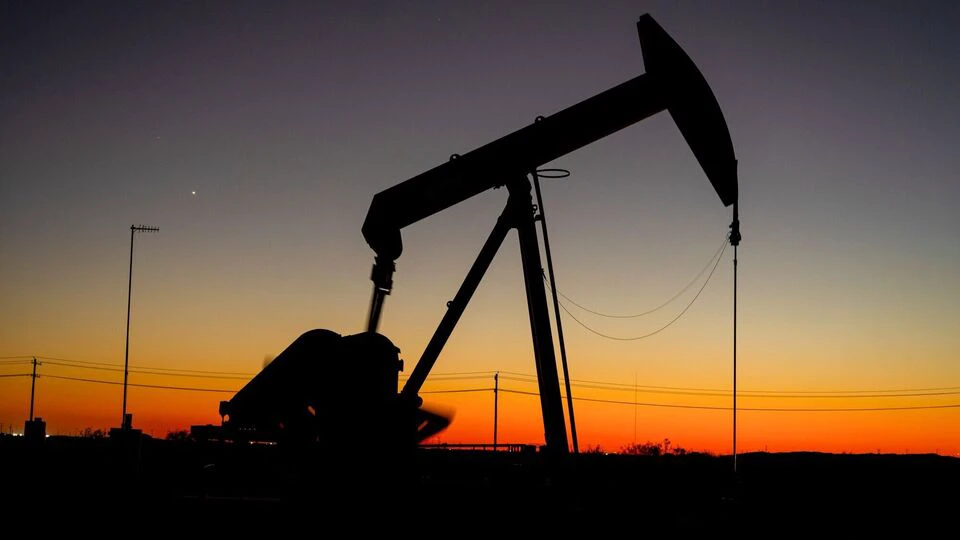The escalating conflict between Israel and Iran has unsettled global markets, with potential U.S. involvement intensifying geopolitical risks.
SBI Research highlighted the ramifications of this crisis, focusing on disruptions in global supply chains and rising crude oil prices, which significantly impact India due to its heavy dependence on oil imports.
Conflict and Global Oil Supply Risks:
SBI Research emphasized that the Strait of Hormuz-a critical maritime chokepoint through which approximately 20 percent of the world’s oil transits-has become a focal point amid the conflict. India imports nearly 90 percent of its crude oil, with about two million barrels per day, out of 5.5 million barrels, passing through this narrow waterway. Any disruption here could severely strain global oil supplies, as few alternatives exist for transporting oil if the strait is closed.
Despite not purchasing oil from Iran directly, India remains vulnerable because 40 percent of its imports come via this route. Additionally, Iran is the ninth-largest oil producer globally, and significant disruptions in its output due to sanctions or conflict would further destabilize supply chains, affecting prices worldwide, said the brokerage.
Moroever, it added that global shipping rates tied to crude oil transportation have also reacted, with the Chinese Import crude oil Tanker Freight Index rising, signaling elevated tensions. The Baltic Dirty Tanker Index, while below recent highs, remains a critical indicator, with maritime insurance pricing reflecting the heightened volatility.
SBI Research projected that under a baseline scenario, crude prices could rise to $82-$85 per barrel-above the current long-period average of $78-but cautioned that more severe spikes would have substantial economic consequences.
Historical and Political Context:
SBI Research traced the complex Iran-Israel relations, noting that Iran was once one of the few Islamic countries to recognize Israel’s establishment in 1948 and maintained ties until the 1979 Iranian revolution, which shifted Iran’s stance dramatically.
Post-revolution, Iran’s opposition to Israel and its ambitions for regional influence, combined with its nuclear program and support for militant groups like Hezbollah and Hamas, have escalated tensions with Israel and the U.S. It added that the recent Israeli strikes targeting Iran’s nuclear and military facilities, followed by U.S. military support, have intensified fears of broader conflict.
Oil Price Volatility and India’s Import Strategy:
Following Israel’s attack on Iran, Brent crude prices jumped from $69 to $74 per barrel within a day, underscoring the strategic importance of the Strait of Hormuz to global oil supplies, stated the brokerage. India, as the third-largest oil importer globally, imported about 5.5 million barrels daily, sourcing crude from over 40 countries. Since 2022, India has increasingly imported more oil from Russia and the U.S., surpassing volumes from traditional West Asian suppliers such as Iraq and Saudi Arabia. However, the continued reliance on the Hormuz route means any blockade or conflict escalation would impact India’s energy security and inflation dynamics, it noted.
Economic Impact on India:
SBI Research further noted that since early May, crude oil prices have surged roughly 10 percent. Historically, every $10 increase in crude prices results in a 25-35 basis point rise in India’s consumer price index inflation and a 20-30 basis point reduction in real GDP growth. Should oil prices spike dramatically to $130 per barrel, India’s GDP growth could slow significantly, potentially falling to around 5.1 percent. This would exert pressure on the country’s balance of payments and economic stability amid existing global uncertainties.
In conclusion, the ongoing Iran-Israel conflict has far-reaching implications, particularly for India, given its substantial oil import dependence and exposure to geopolitical risks in the Persian Gulf. SBI Research underscores the importance of monitoring crude price fluctuations and supply chain disruptions closely, as these factors will influence India’s inflation trajectory and economic growth prospects in the near term. While India’s diversified oil sourcing strategy mitigates some risks, the strategic significance of the Strait of Hormuz and regional tensions necessitate vigilant economic and energy policy management.
